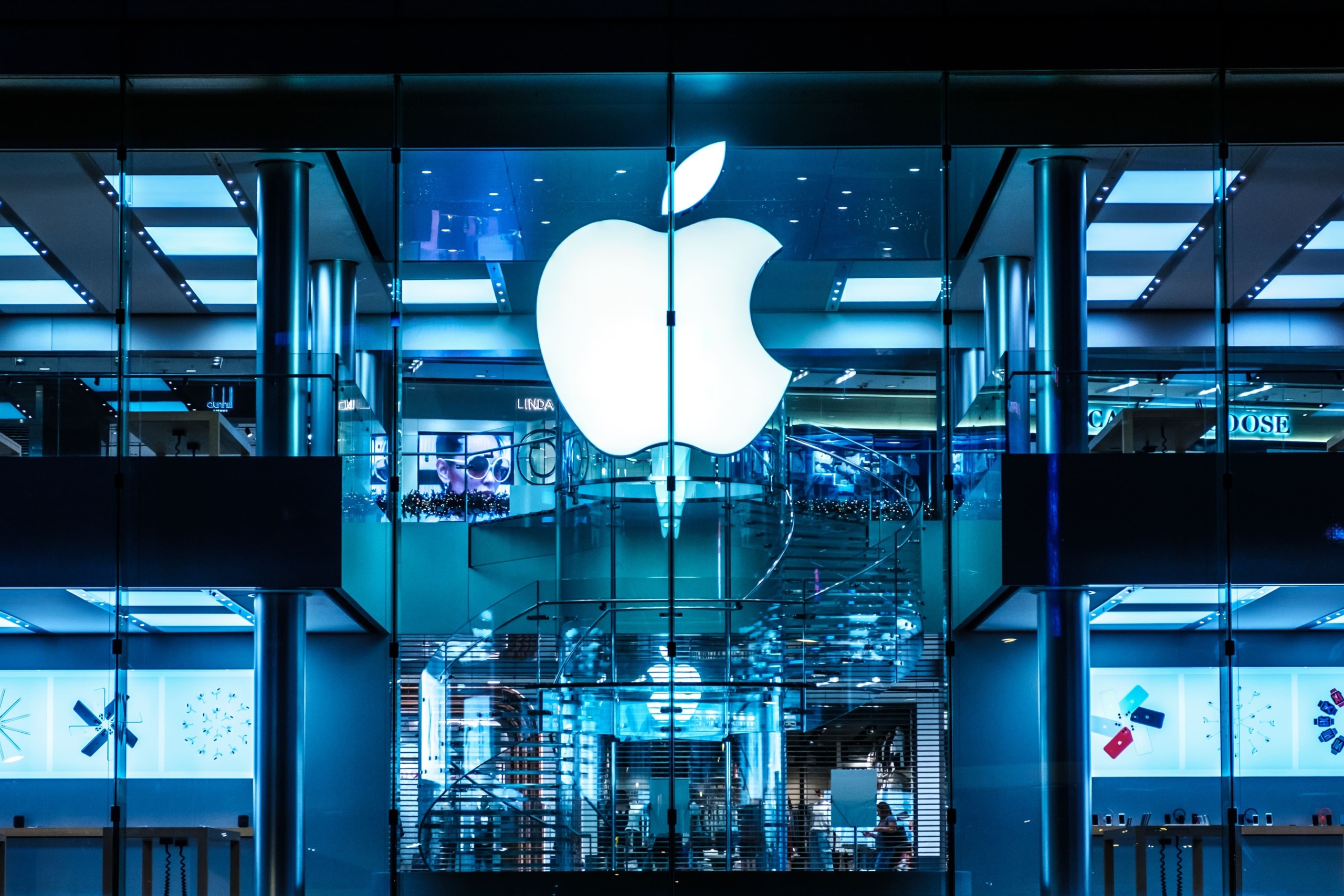Why Every Brand Must Create Immersive Experiences For Their Customers
20 May 2022
Are we becoming less material? It certainly seems that way. Research shows that today’s consumers increasingly prioritize experiences over material goods – and this is particularly true among millennials, where 75 percent say they value experiences over things.

This major trend will undoubtedly affect the way businesses interact with customers. In short, brands that want to stay relevant must turn the customer journey – whether it is online or offline – into a thoughtful, memorable experience.
Welcome to the experience economy
This overarching move towards experiences is known as the experience economy. It’s not a new term – “experience economy” was first coined in a 1998 Harvard Business Review article by Joseph Pine and James Gilmore – but it certainly seems to be ramping up now, with brands across all sectors seeking to create immersive experiences for customers.
Pine and Gilmore used kids’ birthday cakes to demonstrate the move away from goods and services to experiences. Originally, parents would buy the ingredients and make a birthday cake from scratch. Then along came convenient, preprepared cake mix products, like those by Betty Crocker. Then came the service economy, where busy parents would order cakes from the local store or bakery (at ten times the price of a homemade or box cake mix). And now, many parents will gratefully outsource the whole birthday party to a restaurant or business that hosts events. In this way, the humble birthday cake neatly demonstrates the evolution of the experience economy – an economy that is distinct from the goods- and service-based economies that came before it.
Pine and Gilmore went on to argue that, for the brands of the future, providing a good product or service would no longer be enough – brands would have to create memorable experiences as well. Their prediction seems to be playing out before our eyes, as customers place more and more emphasis on the overall experience. For instance, in a survey by Barclays 81 percent of customers said the experience provided by a brand is just as important as value for money, and 42 percent said they’d be happy to pay extra for a better experience.
Example: From retail to “experiential retail”
Of course, there are whole sectors devoted to providing cool experiences (sports and entertainment spring to mind). But this focus on experiences is beginning to filter into other sectors, such as retail. In other words, a customer entering a brick-and-mortar shop is no longer just looking to buy a product and leave – they want a memorable in-store experience while they’re there.
Think of the flagship Topshop store on London’s Oxford Street hiring DJs to come and play the ground floor, or shopping malls hosting pop-ups and activities for shoppers. Another example comes from IKEA’s “sleepovers,” in which IKEA enthusiasts were invited to don their pajamas and stay overnight in the store. It started as a PR stunt, but has since turned into a host of sleepovers in IKEA stores worldwide. Lucky participants are even given sleep-themed goody bags and breakfast in bed!
Or there’s the Gucci Garden concept store in Florence, Italy, which features a restaurant, contemporary artworks and an exhibition of classic Gucci memorabilia – oh, and a boutique selling selected Gucci products, of course. The Gucci Garden is such an attraction in its own right, you have to pay to enter the gallery (but not the boutique).
Elsewhere, South Korean sunglasses and eyewear brand Gentle Monster has also turned its worldwide stores into contemporary art galleries, with each store showcasing unique sculptures and installations. To keep customers coming back for more, the look and feel of stores changes regularly.
Time to give your customers what they really want – a memorable experience
Bottom line, whether you engage with your customers online, offline, or both, it’s vital you rethink the value you’re offering and ask yourselves, “How can we add even more value by turning this interaction into an experience?”
For brands like Adobe, this question is so important, they even employ a chief experience officer (CXO) to lead the customer – and employee – experience across the organization. (It makes sense that the CXO’s role should be to consider the employee experience as well as the customer experience, since one generally feeds into the other. Happy employees deliver a better customer experience.) This investment in the overall customer and employee experience is something I’m seeing more of among forward-thinking brands.
Even if you don’t go as far as hiring a CXO, I urge you to consider the immersive experience trend. If you don’t, your customers may end up heading elsewhere for memorable experiences.
Related Articles
20 Generative AI Tools For Creating Synthetic Data
The AI revolution that we’re currently living through is a direct result of the explosion in the amount of data that’s available to be mined and analyzed for insights.[...]
How To Tell Reality From Fiction Amid The AI-Driven Truth Crisis
The artificial intelligence narrative swings between utopian dreams and dystopian nightmares, often overshadowing the nuanced reality of its current capabilities and limitations.[...]
7 Ways To Turn The ‘Bring Your Own AI’ Threat Into An Opportunity
As AI tools become increasingly accessible, companies face a new trend: BYOAI, or bring your own AI.[...]
AI Gone Wild: How Grok-2 Is Pushing The Boundaries Of Ethics And Innovation
As AI continues to evolve at breakneck speed, Elon Musk's latest creation, Grok-2, is making waves in the tech world.[...]
Apple’s New AI Revolution: Why ‘Apple Intelligence’ Could Change Everything
Apple's announcement of 'Apple Intelligence' marks a seismic shift in how we interact with our devices.[...]
Why AI Models Are Collapsing And What It Means For The Future Of Technology
Artificial intelligence has revolutionized everything from customer service to content creation, giving us tools like ChatGPT and Google Gemini, which can generate human-like text or images with remarkable accuracy.[...]
Sign up to Stay in Touch!
Bernard Marr is a world-renowned futurist, influencer and thought leader in the fields of business and technology, with a passion for using technology for the good of humanity.
He is a best-selling author of over 20 books, writes a regular column for Forbes and advises and coaches many of the world’s best-known organisations.
He has a combined following of 4 million people across his social media channels and newsletters and was ranked by LinkedIn as one of the top 5 business influencers in the world.
Bernard’s latest book is ‘Generative AI in Practice’.










Social Media